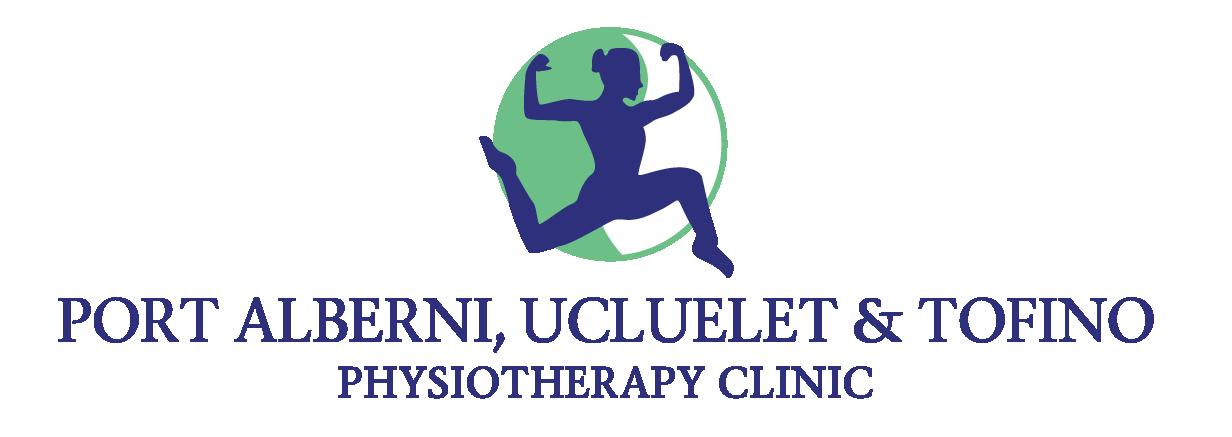Massage was once only available at high-end spas or considered a luxury. However, it is now included in many employee health benefits packages, widely available, and an important tool for promoting mental and physical health.
If you haven't had a massage before, it involves techniques such as pressing, kneading, and manipulating the skin, muscles, tendons, and ligaments of the body. The pressure used during a massage can range from light strokes to deep pressure.
Massage is increasingly being offered as part of a standard treatment routine for injury rehabilitation, injury prevention, pain management, and is beneficial for a wide range of medical conditions. It is worth considering as part of your health routine if you haven't tried it yet.
One big misconception about massage is that it is only for indulgence and relaxation. While this may be true in some situations, massage is much more than that. Many massage therapists and body workers have a range of knowledge in strength training, home-care strategies, flexibility, and mobility exercise prescription, among other unique areas of interest.
In this blog, we will discuss the many benefits of massage.
Mental Benefits of Massage
Stress Reduction:
Massage is a powerful remedy for stress, as it promotes the release of endorphins - our body's natural stress-fighters. The gentle kneading and rhythmic strokes performed by skilled therapists work at easing tense muscles, leaving you with a sense of relaxation.
Taking time for yourself, be it 30, 60, or 90 minutes, can help you destress and improve your mental and physical health. Whether you spend this time in silence or casual conversation, just setting aside this time can be a significant stress reducer.
Improved Sleep Quality:
Sleep can be improved by massage as it helps induce relaxation, leading to deeper and more restful sleep. This can be particularly helpful for those who struggle with insomnia or irregular sleep patterns. Massage has been found to increase the levels of serotonin, which is a neurotransmitter associated with feelings of relaxation. In addition to this, massage can also reduce the levels of the stress hormone cortisol. These hormonal changes can create a better physiological environment that is more conducive to sleep.
Decreased Anxiety:
Massage can have a balancing effect on the autonomic nervous system. By promoting both the parasympathetic (rest and digest) and sympathetic (fight or flight) branches, massage helps the body maintain equilibrium, reducing the overall stress response and reducing anxiety. Studies have suggested that massage can lead to a reduction in cortisol levels, which are associated with stress. Lowering cortisol levels contributes to a more relaxed state and a reduction in anxiety.
Physical Benefits of Massage
Muscle Tension Relief:
A massage therapist or body worker directly manipulates muscles and soft tissues to help release knots, tightness, and adhesions, which allows the muscles to relax. As the therapist works on specific areas of tension, the muscle fibers are encouraged to lengthen, and the nervous system responds by signalling the muscles to let go of their contracted state. The overall result is a reduction in muscle tension.
Enhanced Circulation & Recovery:
During a massage, the gentle pressure applied to your body helps to stimulate blood flow, which in turn improves the delivery of oxygen and nutrients to different parts of the body. This improved circulation can help promote healing and recovery by delivering nutrients to your muscles and tissues more efficiently than before.
Pain Relief:
According to the Gate Control Theory of pain, non-painful input (such as the sensation of massage) can block the transmission of pain signals to the brain. The tactile stimulation from massage may help override or modulate pain signals, reducing the perception of pain.
Enhanced mental and physical relaxation is a benefit of massage (as seen above) which helps reduce pain. Massage also stimulates the release of endorphins, which are the body's natural painkillers. These neurotransmitters can create a sense of well-being and act as analgesics, diminishing the perception of pain.
Improved Flexibility:
Massage improves muscle flexibility by relieving tension, tightness, and restrictions in the muscles and tissues. Massage techniques like targeted pressure, passive stretching, and myofascial release help muscles relax and promote a wider range of motion. Massage releases trigger points, prevents adhesion formation, and addresses muscular imbalances, improving muscle function and flexibility. It alleviates stiffness and prevents future restrictions, promoting greater freedom of movement and enhancing physical well-being.
Massageis an excellent way to relax and recover from physical and mental stress. It's not a luxury but a vital health tool that helps with injury prevention, the healing process, and overall well-being.
If you are looking for a therapeutic massage experience book with our Body Worker, Taylor Christensen, online or by calling our clinic at 250-723-5112.






